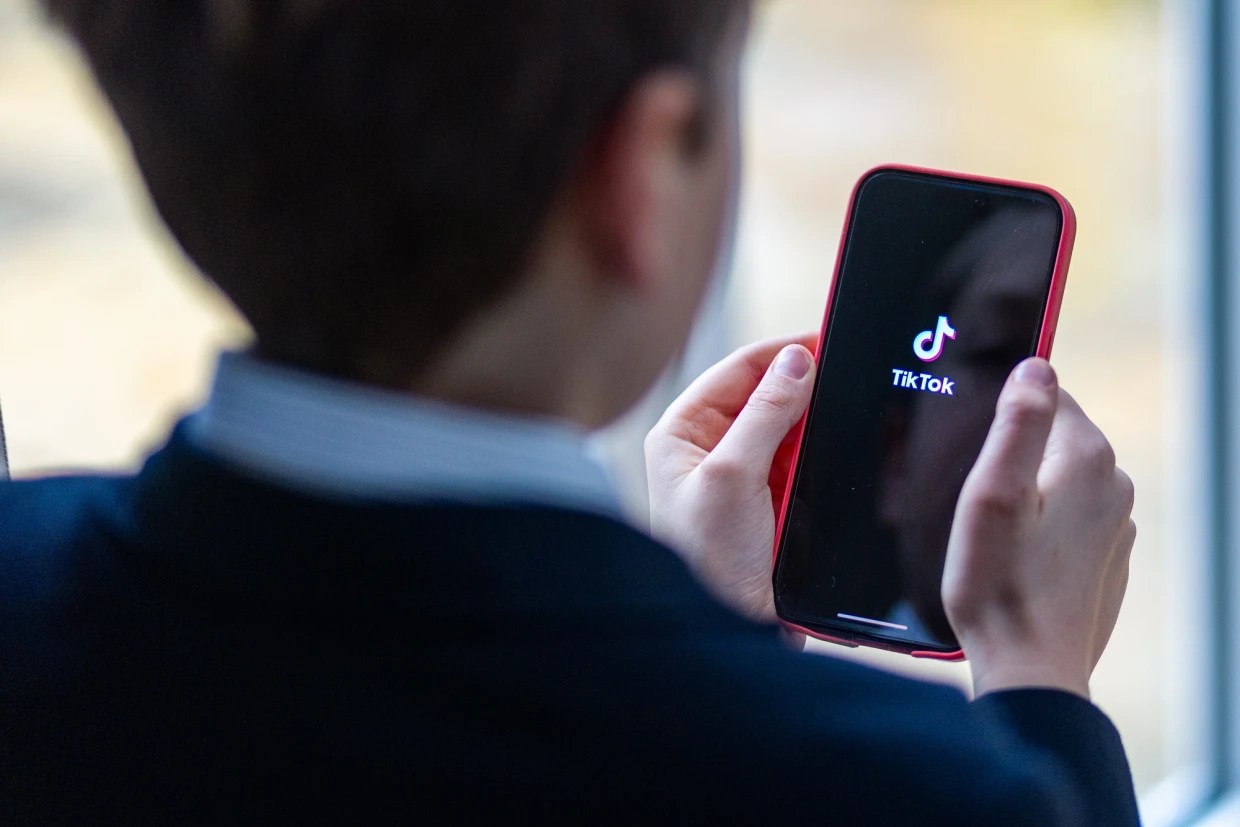Navid Razi and Eli Jordan are all-stars on their campus radio station at the University of Texas at Arlington, but you can't find them by turning the radio dial.
Instead, to hear the sports talk hosts banter about concussions in the NFL or LeBron James, you need a computer mouse or an iPhone app to find UTARadio.com, where the duo merges old-style radio programming with the digital age.
"I think it's the future of everything," Razi said. "You can link so many different things." Razi, 26, and Jordan, 29, also have a website called thefinalpoint.com, where they post articles. Razi and Jordan are touting their UTARadio.com experience as they fix their resumes and pitch themselves as a sports talk team.
Razi has been working full-time on thefinalpoint.com since graduating in May. Jordan is working in promotions for KTCK/1310 AM "The Ticket" as he wraps up his last classes before graduating in August.
Their college radio days at UTA have come during an era some broadcast educators call "an experimental age." Traditional radio fare -- sports, news and music -- is being streamed online so people listen from all corners of the world. Buzz is generated through Facebook and Twitter.
Throughout the country, commercial radio stations stream their signals through websites, and hundreds of Internet-only radio stations offer programming from AOL Radio to start-ups in people's basements.
At the University of North Texas, KNTU/88.1 FM covers university athletics online and provides live broadcasts from the Denton Arts & Jazz Festival. Texas Christian University's KTCU/88.7 FM used the Internet to meet demand for coverage of the Horned Frogs baseball team in the College World Series.
Tech News
"I think all radio stations -- commercial, college -- are going through a metamorphosis where they are exploring social media and how they can use social media to build their audience," said Russell Scott, station manager at KTCU.
UTA lost its traditional radio station in the 1970s, but it was reborn this decade by streaming programming online.
Lance Liguez, faculty adviser for the station, said UTARadio.com has moved past experimentation and continues to evolve with new technologies.
"We are embracing the new things that come on board. We are trying to stay current," Liguez said. "I don't see the Internet going away anytime soon. I think Internet radio in some form is going to be around for awhile."
UTARadio.com has undergone many changes. Station branding has been stepped up, with the station's name and logo becoming more visible to the public.
The station has also added more servers and capacity. Better computers allow the station to make the stream available on more computers and mobile devices. It has a page on Facebook, and recent news that a server was down was quickly announced on Twitter.
The station is also partnering with more record labels.
Arlington Mayor Robert Cluck, a recent guest, said vibrant youth radio is important in a college town.
"Kids want to know what's happening in Arlington, in the city where they go to school and live," Cluck said.
UTARadio.com saves money because it's on the Internet.
"It is cheaper in the long run," Liguez said. "You don't have a broadcast tower and tower maintenance. You don't need a lot of staff to staff any Internet station."
One of the station's big selling points is its mobility.
"You can take us with you," Liguez said. "You can access us on your phone. You can put us in your pocket."
UTA Radio, which sits just miles from Rangers Ballpark in Arlington and Cowboys Stadium, is tying content to high-profile events and issues in its back yard. That means inviting more guests and trying to get a piece of the Super Bowl XLV media action.
Capitalizing on Arlington's sports culture helps broadcast students stand out in a tight job market, Razi and Jordan said.
"Just having the Super Bowl you can access -- for any media -- is dynamite," Jordan said.



